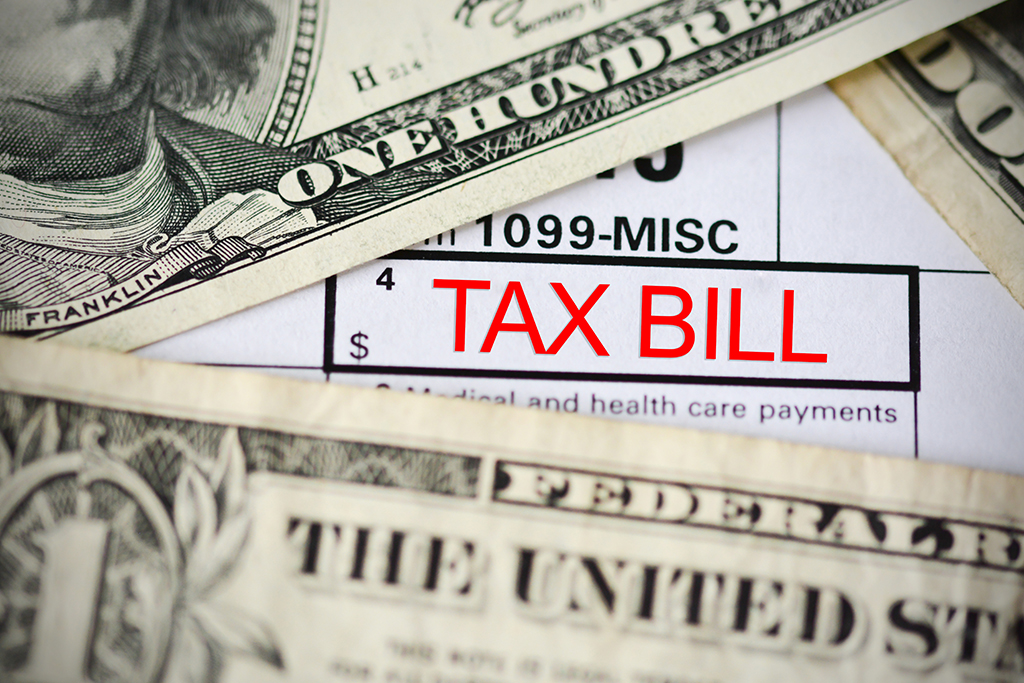Tax season can be incredibly stressful, especially if you don’t see a refund in your future. And even if you will be getting a refund this year, that doesn’t ensure that you’ll see one next year.
To avoid as much stress as possible and potentially lower your tax liability for next season, your best bet is to stay up to date on changes to tax law going into effect in 2023 and to work towards maintaining proper records as well as making use of these 5 tips for reducing and preparing for how much you owe next Spring:
Deductions and Credits
Lowering your tax bill with deductions, credits and exemptions is common practice, but keeping detailed records throughout the year of anything that may apply is of the utmost importance to ensure no potential savings are missed. This is especially important for self-employed individuals.
New Life Developments
Beginning to collect retirement while continuing to work, child-dependents aging out of qualifying for the child tax credit, and non-child dependents working and making more than allows for them to be classified as dependents can all work towards raising your tax bill. Keeping an eye on how things are changing around you will help you prepare for the tax bill coming next season.
Pay Your Taxes (Each Quarter)
Unless your employer is deducting taxes periodically, you’ll be responsible for ensuring your estimated taxes are paid each quarter throughout the year (if you expect to owe more than
$1,000 in federal taxes). If taxes aren’t paid in due time, fees and penalties can be added to your yearly tax bill for each month the payments are late.
Retirement Contributions
Contributing income to retirement accounts (up to $22,500 for 2023) is one way to avoid paying a higher tax bill for this next year. But if withdrawals on that money are made before they’re allowed, before the age of 59.5, you could end up paying even more in taxes than you would have originally, with a 10% penalty coming into play.
Tax Changes and Tax Brackets
As mentioned, keeping an eye on tax changes is important for ensuring you pay what you owe and save where you can. New policies have lowered the threshold for 1099-K reporting from third-party payment platforms (Venmo, Paypal, etc.) to $600. As many use these services for gifting and personal transfers, it will be up to you to contact the issuer and correct any errors. Federal income tax brackets have also changed for 2023, up by more than 7% from 2022 to account for inflation.
Tax season and the stress that comes with it coming to an end is a great time to take inventory of your financial situation and how things will continue to change or remain constant over the next 8 months. To schedule a complimentary financial review with Moore’s Wealth Management, click here or call our office at 770-535-5000, where a staff-member is awaiting your call Monday through Friday, 9AM to 5PM.
SOURCE:
https://www.kiplinger.com/taxes/how-to-lower-your-tax-bill-next-year
This material is provided as a courtesy and for educational purposes only. Please consult your investment professional, legal or tax advisor for specific information pertaining to your situation.
All information contained herein is derived from sources deemed to be reliable but cannot be guaranteed. All views/opinions expressed in this newsletter are solely those of the author and do not reflect the views/opinions held by Advisory Services Network, LLC.
Advisory Services Network, LLC does not provide tax advice. The tax information contained herein is general and is not exhaustive by nature. Federal and state laws are complex and
constantly changing. You should always consult your own legal or tax professional for information concerning your individual situation.
This article may contain links to articles or other information that may be on a third-party website. Advisory Services Network, LLC is not responsible for and does not control, adopt, or endorse any content contained on any third-party website.


